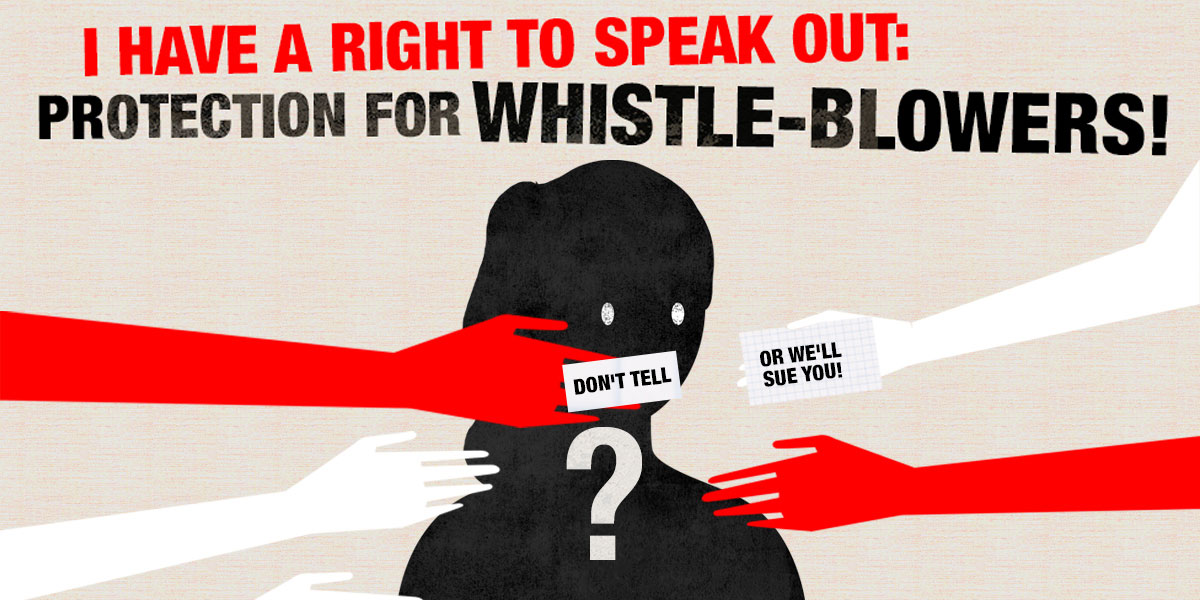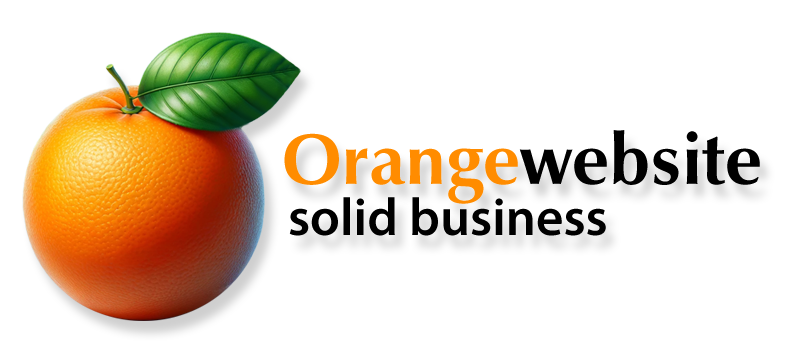

Recent Posts
Archives
- February 2024
- January 2024
- November 2023
- October 2023
- April 2020
- April 2018
- March 2018
- February 2018
- January 2018
- December 2017
- November 2017
- October 2017
- September 2017
- August 2017
- July 2017
- June 2017
- May 2017
- April 2017
- March 2017
- February 2017
- January 2015
- December 2014
- November 2014
- October 2014

Recent Comments